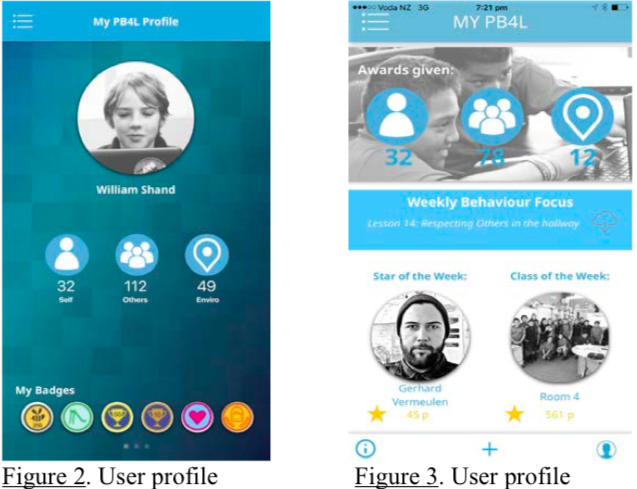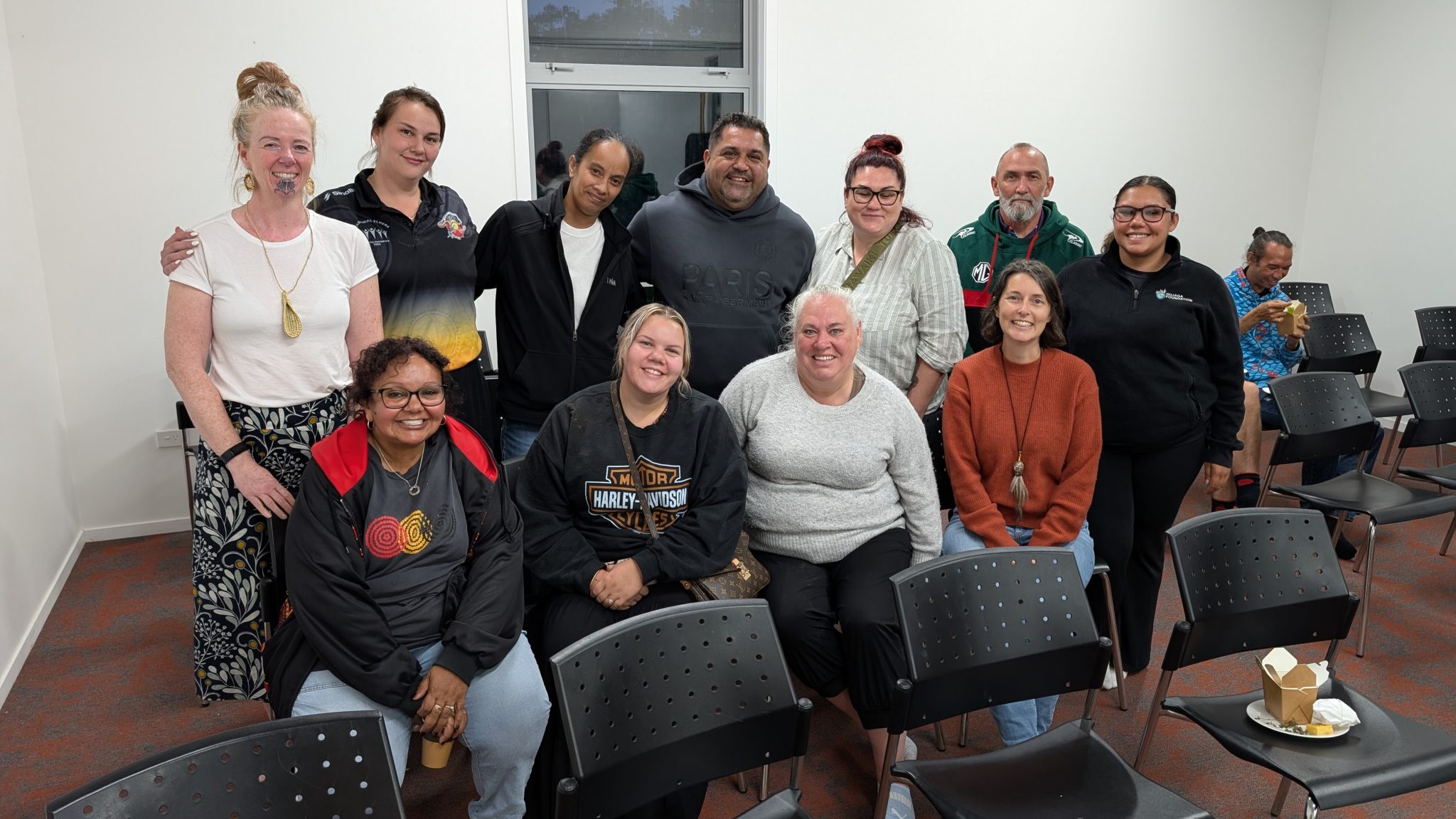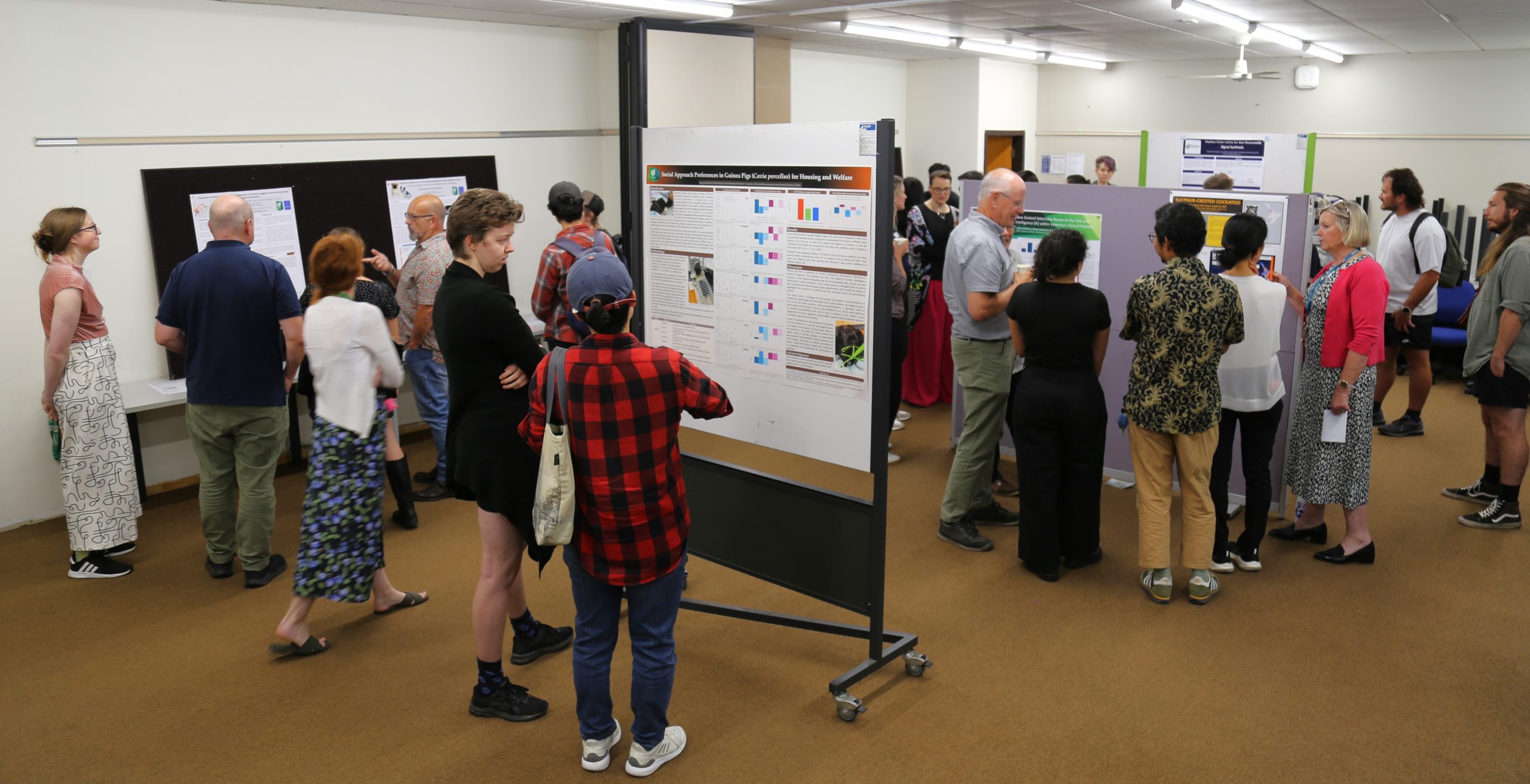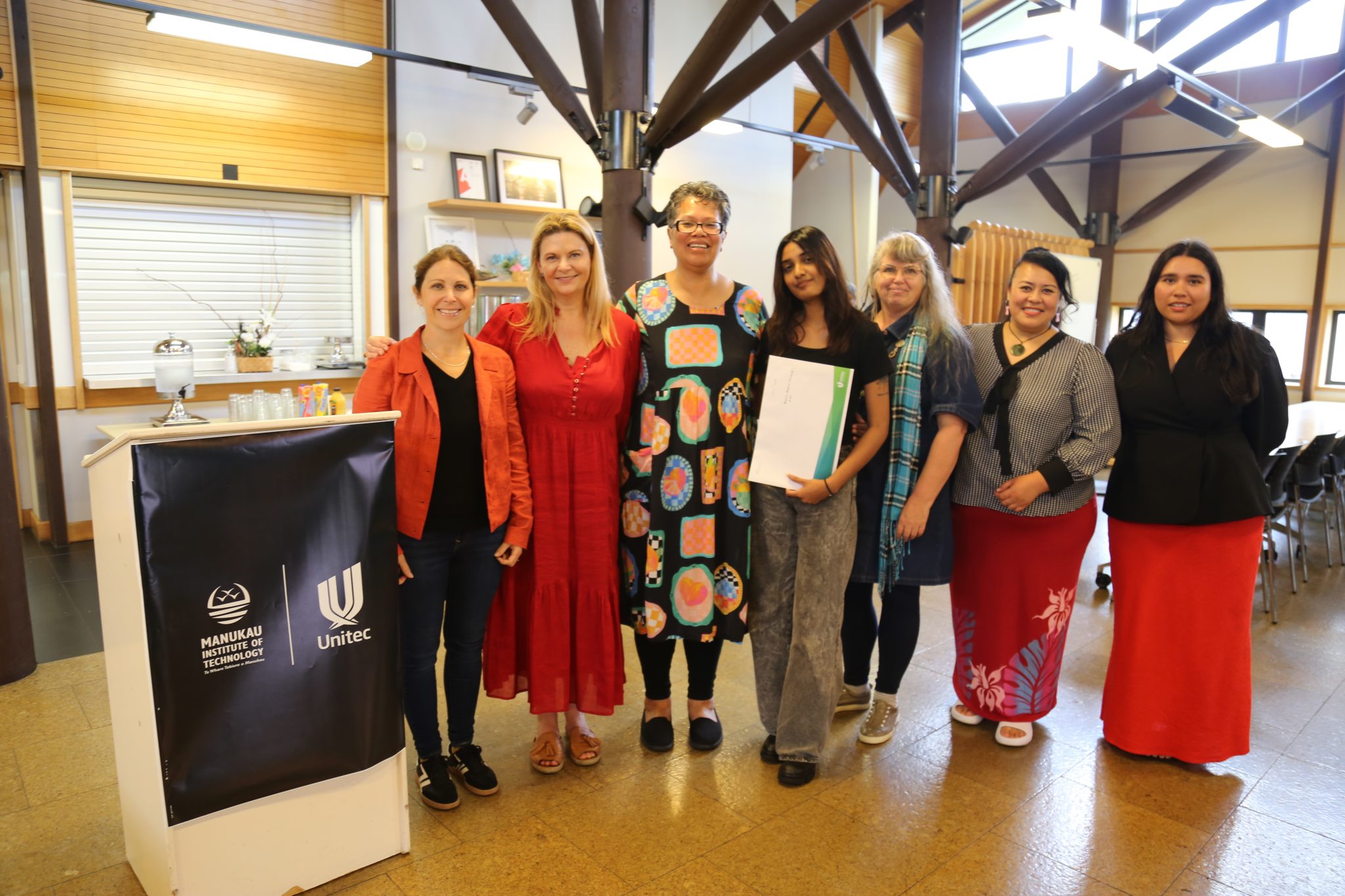It’s a common issue facing businesses, charities, schools and so many other organisations – you have a great idea that you think will improve what you do, but you just don’t have the time or money for research.
That’s where the ITP research Research and Enterprise voucher scheme can help. Since ITPs (Institutes of Technology and Polytechnics) focus on practical, real-world learning, they are the perfect partners to provide research and strategic advice.
Unitec offers the expertise of its skilled graduates and lecturers through the voucher scheme. It’s a win-win collaboration: organisations can outsource their research requirements (provided they match the agreed level of funding); Unitec delivers invaluable learning opportunities for students while contributing to New Zealand’s productivity and economic growth.
Below are a few of the 20 research voucher projects Unitec has completed to date; more are in progress. Perhaps the Research and Enterprise voucher scheme could help you too.
Mobile app trialled to encourage positive student behaviour

The Ka Pai app from a teacher’s point of view.
Apps and online games are regularly used in New Zealand schools to teach reading, writing and maths. Could they also be used to teach and reinforce good student behaviour?
Since the ‘Tomorrow’s Schools’ reforms of 1989, the New Zealand education system has been largely punitive in its approach to behaviour management. This has led to major concerns about the impact on learning relationships and higher stand-down rates, particularly for Māori and Pasifika learners.
Wesley Intermediate School has been using the Positive Behaviour for Learning – School Wide (PB4L-SW) pedagogy since 2014, through a paper-based points and rewards system. Master of Applied Practice student Lou Reddy, who was at the time the school’s deputy principal, wanted to use gamification to take the system digital.
Signing up to the voucher scheme provided most of the money for Unitec postgraduate student Tao Liu to develop and design the mobile app. In early 2018, Reddy ran a trial at the school, and he’s almost finished writing up the results for his thesis. But it’s already become a firm favourite – all staff and 180 students are now using the prototype app, and there are plans to develop it further.
Dr Nilufar Baghaei, an Associate Professor and Acting Head of Computer Science, acted as Reddy’s primary supervisor. She says some teachers who were not keen to use PB4L-SW on paper are now using the system through the Ka Pai app.
“Reddy has also had feedback from someone at the Ministry of Education, who was excited about the app and sees it as quite valuable,” she says.
“Gamification is an engaging and growing area in education. There’s great potential to use it on a large scale to promote pro-social behaviour, higher expectations for learners, and better learning relationships and outcomes.”
Read the full paper, Designing Mobile Applications for Improving Positive Behaviour for Learning (PB4L) Pedagogy (PDF).
Building stronger, more prosperous communities
In small or rural communities, such as South Kaipara, the key to economic development is bringing together organisations and individuals to collaborate on projects that will be inclusive and self-sustaining. And, of course, learning what works through post-project analysis.

Rural areas, such as the Kaipara Harbour, need coordinated economic development. Photo: supplied by Helensville District Health Board.
Enter the South Kaipara Community Economic Development Scheme (SKCEDS). The three-year project, hosted by the Helensville District Health Trust (HDHT) and funded by the Department of Internal Affairs, aimed to improve the community’s ability to work smarter with the resources already available to residents.
A SKCEDS development officer identified strategic initiatives – a community centre, a business hub, an arts trail, improving access to broadband, and a focus on food – and helped develop implementation plans so community and business partners could run projects themselves.
Unitec lecturers worked with HDHT, through the voucher scheme, on a vital research project to evaluate the success of SKCEDS and help set the course for the future. The economic and socio-economic impact report found among its conclusions:
- Participation by local stakeholders has created a degree of social capital and sense of community ownership. Sharing a common goal, from which they would each benefit, was a uniting factor.
- SKCEDS has resulted in greater awareness of the skills and capacity of local participants.
- The concept of a ‘bumping space’ – the opportunity to network and conduct business – was an important feature, and included for each project.
- SKCEDS adopted an inclusive, non-directive, facilitative style of working, which was valuable for this stage of development.
- One respondent noted the greatest value she had seen was the building of strategic relationships, which would enable future initiatives to be developed much more quickly.
How the Living Wage affects workplaces
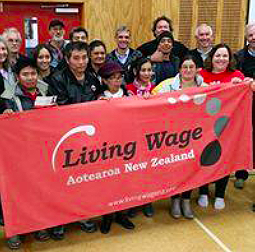 Media reports on poverty in New Zealand often highlight how the minimum wage isn’t enough for Kiwis to live on. The Living Wage Movement, a worldwide initiative that became established here in 2012, aims to encourage employers to pay their staff an amount that enables “workers to live with dignity and to participate as active citizens in society”.
Media reports on poverty in New Zealand often highlight how the minimum wage isn’t enough for Kiwis to live on. The Living Wage Movement, a worldwide initiative that became established here in 2012, aims to encourage employers to pay their staff an amount that enables “workers to live with dignity and to participate as active citizens in society”.
Through the voucher scheme, the Living Wage Movement Aotearoa NZ commissioned research into the current experiences of employees and employers in the Accredited Employer Program (AEP). Their goal: to ensure the Living Wage Employer (LWE) programme is continually reviewed, and the benefits and experiences can inform future activity.
John Stansfield, Unitec Senior Lecturer in Community Development, interviewed employers and employees at nine workplaces (private, faith based, NGO and union) about being in a Living Wage workplace. His findings included:
- Employers on the LWE noted some significant changes internally in thinking and collaborating. Externally, they saw benefits in reputation, credibility and expressed solidarity, and felt part of a wider change.
- A tighter approach to hours and rosters was offset by happier, more productive and stable staff.
- None of the organisations encountered barriers with the accreditation process, though smaller and more fragile organisations had concerns about sustainability and administration fatigue.
- The high value employees placed on “being able to do more than merely survive, but participate” was a strong, recurrent theme.
- A private sector employer and employee both noted “a very visible improvement in morale, which was not bad to start with, but it’s like, ‘We are valued, we are proud of our workplace.’”
Helping community organisations influence policy
Community organisations do vital work to advocate for and enhance community wellbeing; however, they lack the resources needed to communicate their views on policies that affect those they serve.

Dr Hoa Thi Nguyen.
Community Waitakere CEO Charlie Moore and board chair David Kenkel used a Research and Enterprise voucher to fund a study that explored strategies to establish Social Policy Units (SPUs) within community-based organisations, so their voices can be better heard by councils and government.
Working with Dr Hoa Thi Nguyen, a Unitec Lecturer in Social Practice, the community-based participatory study consisted of case studies with three organisations (Salvation Army, New Zealand Council of Christian Social Services, and Economic and Social Research Aotearoa), and focus group discussions with practitioners, community law office staff and community workers.
Results showed a SPU would be a hub for small social services agencies to raise their voices safely without fear of losing funding, and a place to translate and analyse national policies for the local community. Participants suggested forming a coalition for effectiveness and revenue generation, and collaborating with others to conduct local research projects.
It became clear that a combination of insider strategies (eg. building relationships and connections with policy makers) and outsider strategies (eg. grass-roots mobilisation and raising public awareness) was the most effective way to do advocacy.
“Although community organisations are currently being neglected during the policy-making process, developing this model is a positive step and Community Waitakere is working to make it a reality in the near future,” says Nguyen.
Need a problem solved, a question answered or an idea developed? Find out more about the Research and Enterprise voucher scheme, or contact us on researchvouchers@unitec.ac.nz.
